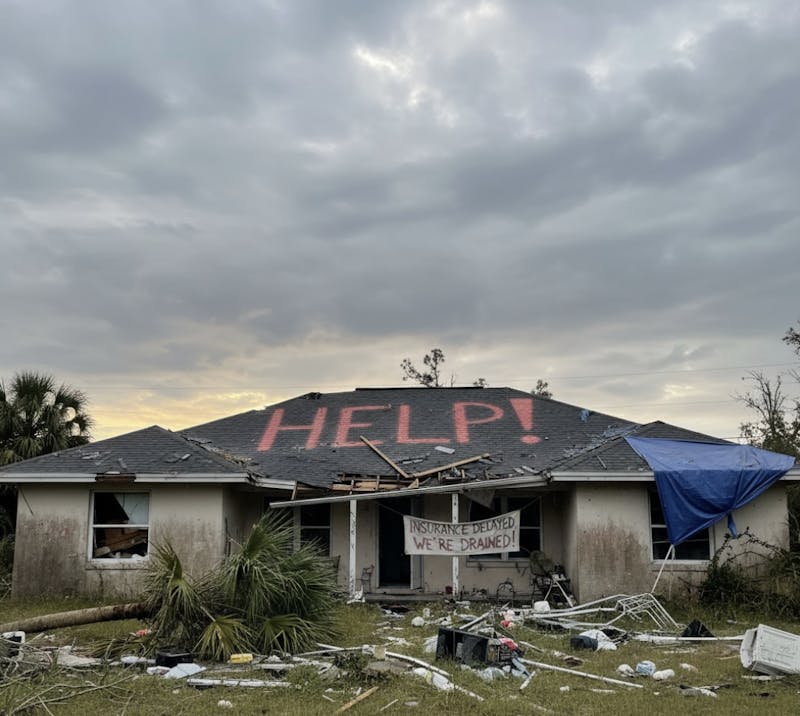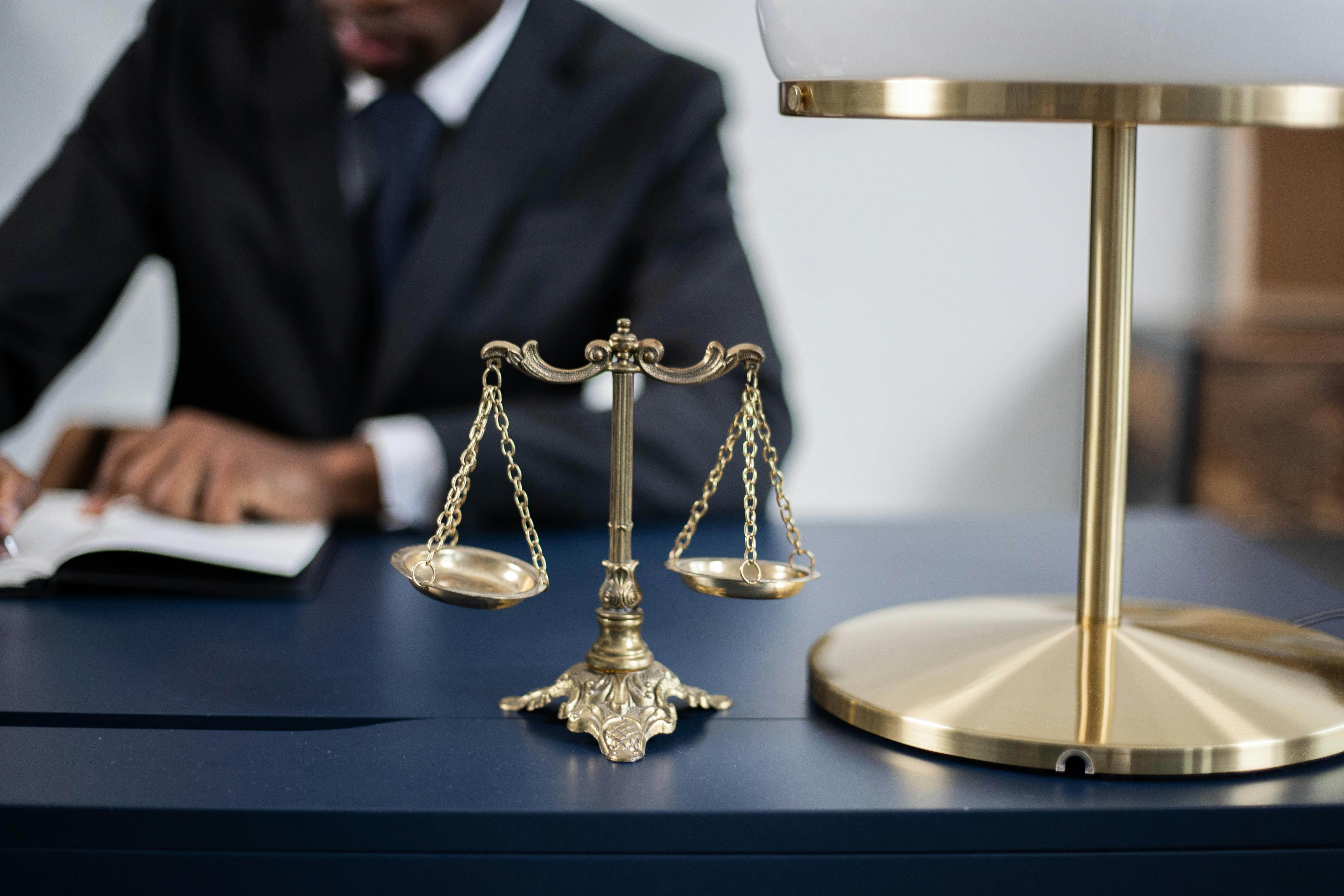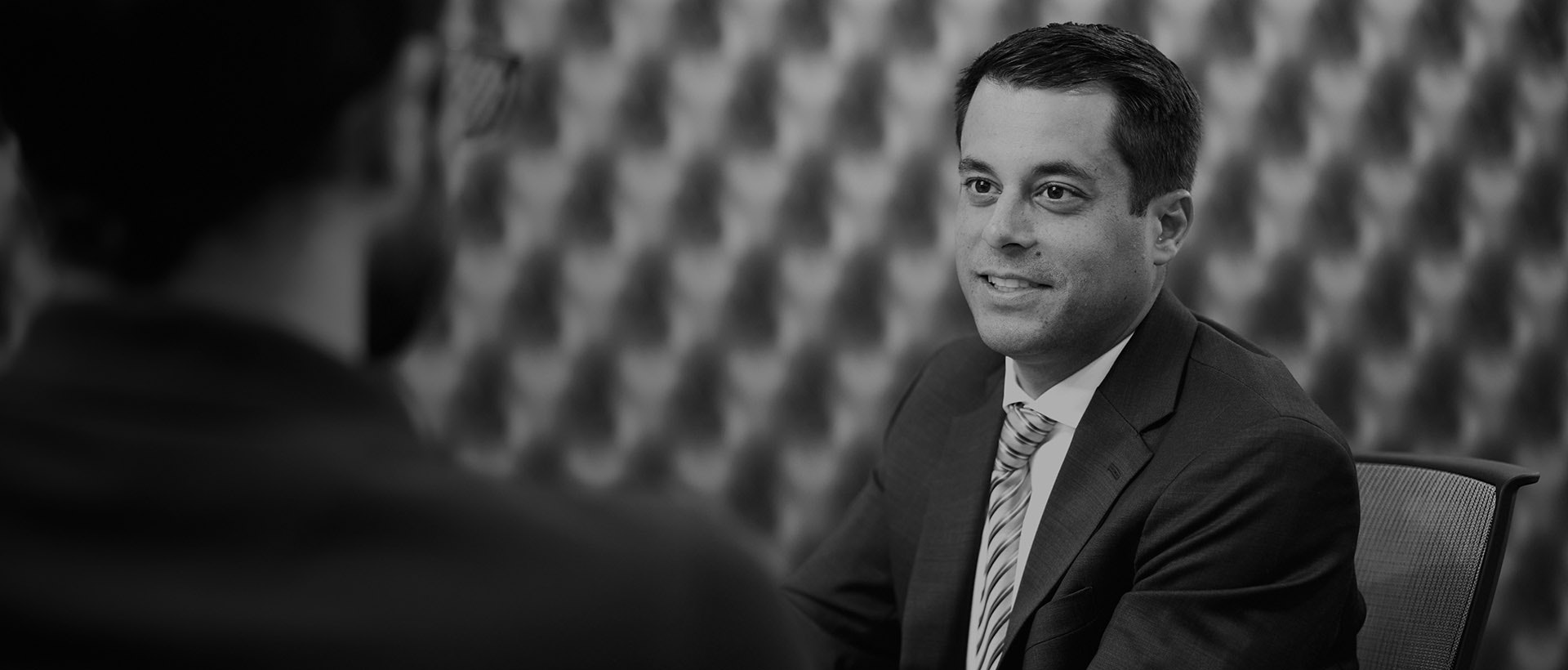
In 2025, the Florida Office of Insurance Regulation (OIR) announced more than $2 million in fines against eight insurance companies for misconduct. These fines show that state regulators are trying to hold insurers accountable. But they also raise questions about whether the system is truly protecting policyholders.
At Vargas Gonzalez Delombard, LLP, we believe every homeowner deserves fair treatment and full compensation for covered hurricane insurance losses. Here’s what you should know about these fines, what went wrong, and what this means for Florida residents.
Hurricane Insurance Claim Denials: What Went Wrong?
According to the OIR, many of these companies failed to follow Florida’s insurance laws when processing hurricane insurance claims. Some of the most common violations included:
- Using unlicensed or unapproved adjusters
Some companies sent adjusters who weren’t licensed in Florida. That means the people who inspected homes or made decisions about roof damage or flood damage weren’t legally allowed to do so.
- Ignoring or delaying claim communications
Insurance companies must respond to policyholders on time. But many families left waiting for weeks or months, while their property damage repairs were on hold.
- Missing the 90-day deadline to pay or deny claims
Florida law requires insurers to act within 90 days. When they don’t, it causes stress, confusion, and in many cases, legal action over a denial or underpayment.
- Leaving out important legal notices
Some insurers didn’t include the legally required information in their payment letters or estimates. These notices help people understand their rights in case of a bad faith insurance claim.
- Not paying interest on delayed payments
If a claim is delayed, interest is supposed to be added to the final compensation. Many insurers skipped this, shortchanging policyholders even more.
State auditors found high “error rates,” proving that these weren’t just accidents. They were part of a larger pattern of broken rules that hurt thousands of families.
Who Got Fined and How Much?
The OIR named eight companies and detailed how much each had to pay:
|
Insurance Company |
Fine Amount |
|
American Coastal Insurance Co. |
$400,000 |
|
American Mobile Insurance Exchange |
$400,000 |
|
Centauri Specialty Insurance Co. |
$100,000 |
|
Clear Blue Insurance Co. |
$400,000 |
|
Monarch National Insurance Co. |
$325,000 |
|
Sutton National Insurance Co. |
$50,000 |
|
Tower Hill Prime Insurance Co. |
$250,000 |
|
TypTap Insurance Co. |
$150,000 |
Altogether, that’s more than $2 million in penalties for mishandling hurricane claims.
The Strange Case of Monarch National Insurance Co.
One of the most surprising parts of this story is that Monarch National Insurance Co., which was fined $325,000, was also approved to take over 25,000 policies from Florida’s state-run insurer, Citizens Property Insurance Corp.
This move was part of the state’s “depopulation” program, which encourages private companies to take customers from Citizens. But it raised a big question: why allow a company that just broke the rules to take on even more policies?
Critics say this shows a contradiction in Florida’s insurance market. Regulators are punishing companies for misconduct while still letting them expand. Supporters argue that the market needs private insurers to stay healthy, even if some make mistakes. Either way, homeowners are caught in the middle.
Are Regulators Doing Enough?
The OIR’s “market conduct exams” reviewed paperwork, claim files, and company procedures. While the fines are at the start, some experts say the investigations didn’t go deep enough.
These exams often focus on missing forms, slow timelines, or small administrative errors. But they don’t always look at the root causes like whether adjusters were pressured to underpay claims, or whether insurers used third-party vendors who cut corners.
If the goal is to stop unfair claim practices, regulators must go beyond surface-level mistakes and uncover how these companies operate behind the scenes. Florida policyholders deserve transparency about how their claims are handled and how insurers are held accountable.
What Florida Homeowners Should Do After a Denied or Underpaid Claim
For many families, these fines come too late. Their repairs are still unfinished, or they had to hire lawyers just to get what they were owed. But the enforcement actions still matter—they show that the state recognizes a problem and is taking steps to fix it.
Here’s what policyholders should keep in mind:
- Know your rights. Insurance companies must follow Florida law. If they don’t respond, delay payments, or send unlicensed adjusters, that’s misconduct.
- Keep records. Always document everything—emails, photos, estimates, and adjuster visits. These can be crucial if you need to challenge your insurer’s decision.
- Don’t be afraid to ask for help. Law firms like Vargas Gonzalez Delombard, LLP specialize in helping policyholders fight for the payments they deserve. We review claim files, communicate with insurers, and take legal action when necessary.
The Role of a Hurricane Damage Attorney
When insurers mishandle claims, legal support can make a huge difference. Attorneys help homeowners understand the fine print, gather evidence, and push back against unfair delays or underpayments.
At Vargas Gonzalez Delombard, LLP, our job is to stand up for Florida policyholders especially after natural disasters. We’ve seen how complicated and stressful the claims process can be. Our goal is to make sure clients aren’t taken advantage of, no matter how big the insurance company is.
Lawyers also help track patterns of misconduct. By noticing which insurers repeatedly delay or deny claims, we can provide insight to regulators and the public. This helps create long-term change in the insurance industry.
Why These Fines Matter
The $2 million in fines may sound like a lot, but for big insurance companies, it’s often just the cost of doing business. The real impact depends on whether these companies change how they handle claims moving forward.
Florida’s insurance market is still fragile. Premiums are high, companies are leaving the state, and homeowners are struggling to find affordable coverage. Strong enforcement is essential, not just to punish bad behavior but to rebuild trust.
Policyholders should never feel like they’re fighting alone. When insurers break the rules, legal action and public awareness can bring accountability.
Moving Forward
The OIR has said that more market conduct exams are underway, meaning more fines could come. That’s good news for transparency, but enforcement must continue consistently, not just after a big hurricane.
As Florida heads into another storm season, homeowners should stay informed, organized, and ready to protect their rights. Regulators must also keep pressure on insurers to treat policyholders fairly.
At Vargas Gonzalez Delombard, LLP, we’ll continue monitoring these developments closely and helping homeowners recover after storms. If your hurricane claim was delayed, denied, or underpaid, you don’t have to face it alone.
Schedule your free consultation today to protect your rights and get the coverage you paid for.



